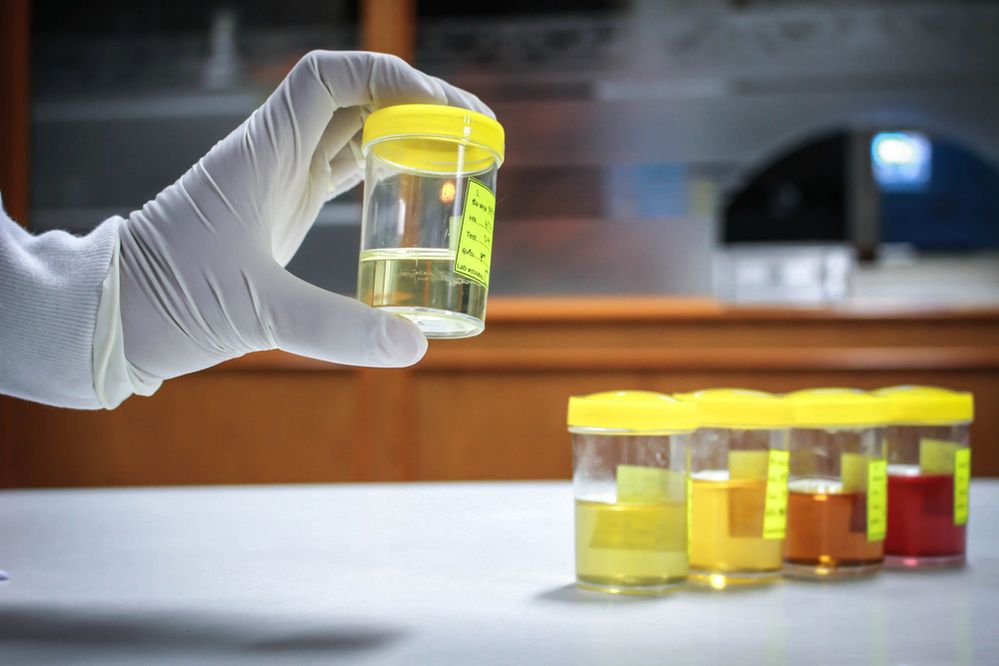In an era where drug testing is increasingly common in various sectors — from employment to sports — individuals looking for ways to navigate these challenges might turn to synthetic urine. Among these products, Upass Synthetic Urine has gained significant attention. In this blog post, we will delve into what Upass Synthetic Urine is, how it works, its components, its legality, and some practical implications for potential users.
What is Upass Synthetic Urine?
Upass Synthetic Urine is a commercially available product designed to mimic natural human urine. It is typically used by individuals who are subjected to urinalysis, particularly those who may be concerned about the presence of illicit substances in their system. This synthetic formula is engineered to have similar chemical and physical properties to real urine, making it an appealing option for those attempting to pass a drug test.
The Purpose of Upass Synthetic Urine
The primary aim of Upass Synthetic Urine is to provide a clean sample free from drugs or other substances that could lead to a positive test result. This can be especially important for:
- Job Seekers: Many companies implement drug testing as part of their hiring process.
- Athletes: To ensure compliance with anti-doping regulations.
- Individuals on Probation: To avoid repercussions from drug tests mandated by legal systems.
- Those Seeking Recreational Freedom: Individuals may wish to continue using certain substances without facing job loss or legal consequences.
Composition of Upass Synthetic Urine
Upass Synthetic Urine is formulated to closely resemble the biochemical properties of human urine. Here are the critical components that contribute to its efficacy:
- Water: The primary ingredient that makes up the bulk of any urine sample.
- Urea: A nitrogenous waste product that is a major component of urine, created during protein metabolism. The presence of urea is a key indicator that a sample might be genuine.
- Creatinine: A byproduct of muscle metabolism, creatinine levels help to confirm that the urine has been produced by a living organism.
- pH Level: Real urine typically has a pH range between 4.5 and 8.0, which Upass aims to replicate.
- Specific Gravity: This measures the concentration of urine, another essential factor that testing labs analyze.
- Electrolytes: Sodium, potassium, and other electrolytes are included to match the biological composition of real urine.
- Coloring Agents: Upass mimics the typical yellow hue of urine to ensure it does not raise any flags during visual inspections.
How Upass Synthetic Urine Works
Using Upass Synthetic Urine involves a straightforward process, but success depends largely on careful preparation and application:
- Preparation: Before using Upass, individuals need to ensure they have the product ready, typically requiring a certain temperature to mimic fresh urine (between 90°F and 100°F, or 32°C to 38°C).
- Warming the Sample: Upass often comes with a heating element or heat pads that can be activated to ensure the synthetic urine reaches the required temperature before submission.
- Discretion During Submission: Users must strategically plan how they will introduce the synthetic urine sample into the testing environment. This may involve creative concealment methods, such as using a discreet pouch or a “belt” designed for this purpose.
- Following Testing Protocols: Adhering to the testing procedures, such as not letting the synthetic sample cool down too much before handing it to the collector, is crucial for avoiding detection.
Legal and Ethical Considerations
While synthetic urine products like Upass are legal to purchase and possess in many jurisdictions, their use in drug testing contexts is fraught with legal and ethical implications:
- Employment Consequences: Employers often have strict policies against tampering with drug tests. Being caught using synthetic urine can lead to immediate job loss and could even impact future employment prospects.
- Legal Ramifications: Depending on local laws, using synthetic urine to bypass a drug test may carry criminal penalties, especially in industries such as professional sports or healthcare.
- Moral Questions: The use of synthetic urine raises questions about honesty and integrity. Many argue that utilizing such products can undermine the purpose of drug testing.
Effectiveness and User Experience
Many users report success when using Upass Synthetic Urine, particularly when they follow the instructions carefully. However, there are some factors to consider:
- Quality of the Product: Reviews vary based on the lot and effectiveness of different synthetic urine brands. Upass has garnered a reputation as a reliable product but is not infallible.
- Testing Methods: Some advanced drug testing methods can detect synthetic substances or alterations in urine. Labs may employ tests that specifically look for synthetic markers, especially in high-stakes testing scenarios.
- User Challenges: The experience can be challenging, especially in high-pressure situations. Variables such as temperature maintenance and discreet delivery of the sample can impact results.
Conclusion
Upass Synthetic Urine presents a viable option for individuals facing drug tests but comes with significant responsibility and potential ramifications. While it can be effective if used correctly, users must consider the ethical, legal, and practical aspects of relying on synthetic urine. Whether facing a job screening or participating in a sporting event, understanding both the benefits and the risks is crucial for anyone contemplating its use. In today’s world, where health and employment decisions can be influenced heavily by drug screening, knowledge about products like Upass can empower individuals to make informed choices.

